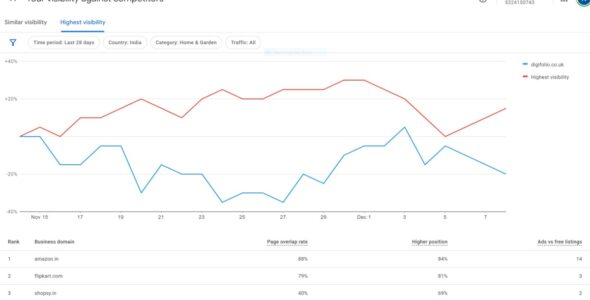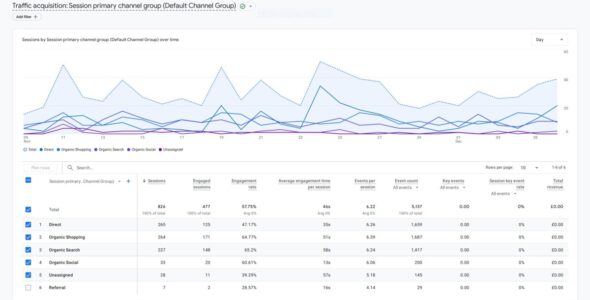Real Estate Data Privacy: Ensuring Security and Compliance
As the real estate industry increasingly relies on technology and digital data, ensuring data privacy has become a critical concern. With vast amounts of sensitive information being processed and stored, real estate businesses must prioritize data security and compliance to protect their clients and maintain trust in the digital age. In this blog post, we will explore the importance of real estate data privacy, the risks associated with data breaches, and strategies for ensuring security and compliance in handling sensitive real estate data.

The Importance of Real Estate Data Privacy
Real estate transactions involve the exchange of highly sensitive information, including financial records, personal identification, and property details. The importance of data privacy in real estate stems from the following reasons:
1. Client Trust: Clients expect their personal and financial information to be handled with the utmost confidentiality. Maintaining data privacy builds trust and fosters strong client relationships.
2. Legal Obligations: Real estate businesses are bound by various data protection regulations, such as the General Data Protection Regulation (GDPR) and the California Consumer Privacy Act (CCPA), which require safeguarding client data.
3. Reputation Management: Data breaches can severely damage a real estate company’s reputation, resulting in lost business opportunities and potential legal consequences.
Risks of Data Breaches in Real Estate
1. Financial Loss: Data breaches can lead to financial losses due to potential legal liabilities, fines, and costs associated with resolving the breach.
2. Identity Theft: Stolen personal information can be used for identity theft and fraudulent activities, affecting both clients and real estate professionals.
3. Business Disruption: Data breaches can disrupt real estate operations, causing downtime, loss of productivity, and damage to the company’s brand image.
4. Legal Consequences: Non-compliance with data protection laws can result in severe penalties and legal actions against the real estate business.

Strategies for Ensuring Real Estate Data Security and Compliance
1. Data Encryption: Utilize strong encryption methods to protect data both in transit and at rest. This ensures that even if data is intercepted, it remains unreadable and unusable.
2. Access Controls: Implement strict access controls and role-based permissions to limit data access to authorized personnel only.
3. Regular Security Audits: Conduct periodic security audits and vulnerability assessments to identify and address potential weaknesses in data handling processes.
4. Employee Training: Train employees on data privacy best practices and the importance of safeguarding sensitive information.
5. Secure Data Storage: Partner with reputable cloud service providers that offer robust security measures to store and manage real estate data securely.
6. Secure Data Disposal: Develop policies for secure data disposal, including the proper destruction of physical and digital records when they are no longer needed.
7. Privacy Policy and Consent: Clearly communicate your company’s privacy policy to clients and obtain their consent for collecting and processing their data.
8. Incident Response Plan: Establish an incident response plan to address data breaches promptly and effectively, minimizing their impact on the business and clients.
Conclusion
Real estate data privacy is a critical aspect of modern real estate operations. Protecting sensitive client information is not only crucial for building trust and maintaining a positive reputation but also essential for complying with data protection regulations. By implementing robust data security measures, conducting regular audits, and prioritizing employee training, real estate businesses can ensure the security and compliance of their data handling processes. Embracing data privacy best practices not only safeguards the interests of clients and real estate professionals but also fosters a secure and trustworthy environment in the real estate industry.






[…] Real Estate Data Privacy: Ensuring Security and ComplianceAs the real estate industry increasingly relies on technology and digital data, ensuring data privacy has become a critical concern. With vast amounts of sensitive information being processed and stored, real estate businesses must… […]